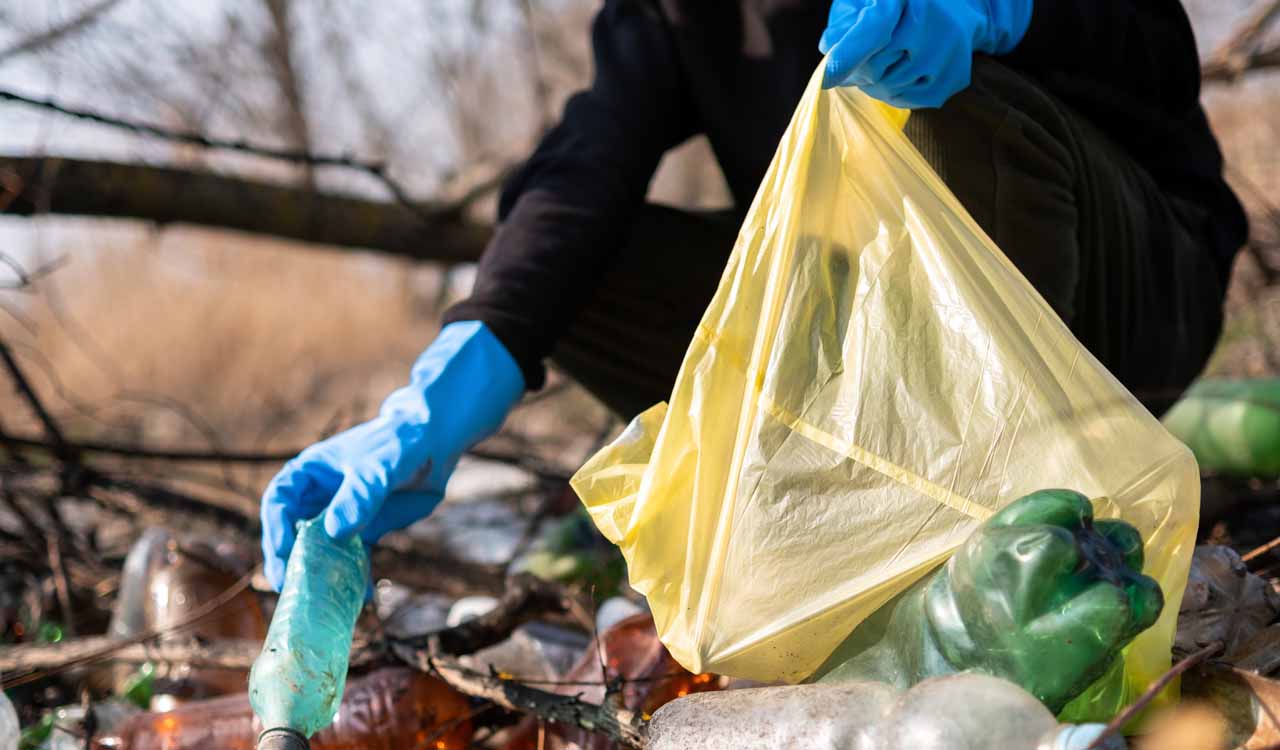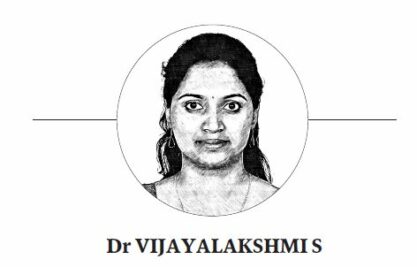Opinion: Combat plastic menace through collective action
With India facing a growing plastic waste crisis, there is an urgent need for localised and tech-driven action to beat plastic pollution

By Dr Vijayalakshmi S
Plastic has infiltrated every part of our lives today, including our bodies in the form of microplastics. The UN Environment programme, on World Environment Day called for collective action to combat plastic pollution. Globally, it is estimated that nearly 460 million tonnes of plastic are produced every year of which, nearly 20 million tonnes end up as litter, according to the International Union for Conservation of Nature.
Despite reports suggesting that a large portion of plastic waste is being recycled, the problem remains pervasive. The World Population Review’s Mismanaged Waste Index (MWI) — which measures the level of mismanagement of the waste — ranked nearly 97 countries out of 212 as ‘very high’ as of 2023. This means nearly 45 per cent of the world’s nations are not managing their waste properly.
Grim Scenario
India is among those ranked ‘very high’ in MWI, indicating the severity of plastic pollution. The country accounts for 20 per cent of the total plastic waste generated in the world (9.3 to 10.2 million tonnes). However, these aggregate number do not provide the complete picture of the efforts being taken and call for a more localised, top down approach to plastic waste management.
State-wise data on plastic generation reveals a grim scenario. For instance, States like Bihar, Himachal Pradesh, and Haryana, show tremendous growth in plastic waste generation (see figure). Though the share of these States in the country’s total plastic generation is relatively low, what is alarming is the unprecedented pace at which of waste generation is rising. This calls for the need for State specific, targeted policy approaches.
Tamil Nadu tops the list of States in plastic waste generation accounting for 10.42 per cent in 2020-21, up from 5.04 per cent in 2016-17.
Lessons to be Learned
However, not all States are struggling. Due to implementation of rules and also awareness campaigns, some have achieved measurable success in plastic waste reduction. It is also pertinent to highlight the regulatory framework at the national level. This includes:
• Plastic Waste Management Rules, 2016: Provides the statutory framework for plastic waste management in an environmentally sound manner.
• Plastic Waste Management Amendment Rules, 2021: Aims to restrict single-use plastic and its littering in both terrestrial and aquatic (including marine) ecosystems. It prohibits select single-use plastic items.
• Guidelines on Extended Producer Responsibility (EPR), 2022: Applies to all pre- and post-consumer plastic packaging from producers, importers, and brand owners. Entities must register on the centralised EPR portal. The aim is to promote circular economy.
Among the best-performing States are Andhra Pradesh, Chandigarh, Punjab, Sikkim, and Karnataka. Karnataka has been a frontrunner, establishing a State-level Special Task Force in 2021 to tackle the plastic menace. These initiatives have helped reduce its share of plastic waste from 26.75 per cent in 2016-17 to nearly 8.98 per cent in 2020-21.
India is among the countries ranked ‘very high’ in Mismanaged Waste Index, indicating the severity of plastic pollution. The country accounts for 20 per cent of the total plastic waste generated globally (9.3 to 10.2 million tonnes)
Andhra Pradesh, which had a share of 5.28 per cent in 2016-17, drastically reduced its plastic waste in 2020-21 to just 0.96 per cent. The state also leads in using recycled plastic in highway construction, as noted by the Ministry of Road Transport and Highways.
Urban Responsibility and Technology
Cities are the main source of plastic waste in India. According to a study by the Central Pollution Control Board, Tier 1 cities are the biggest contributors. Nearly 40 per cent of the plastic waste remains uncollected annually (OBF, 2025).
To address this, there is a critical need for stronger urban urban governance, Extended Producer Responsibility (ERP) enforcement and technological integration. Indian startups must be engaged as they are pioneering AI-based solutions for waste segregation, traceability, decentralised plastic-to-fuel conversion.
Further, community-led transformation is the key to reducing plastic waste generation. These include:
- School-based waste audits
- Plastic-free zones
- Zero-waste housing societies
The fight against plastic pollution is no longer just a national challenge. It demands strategic, localised and behavioural change. It is vital that we — as individual and government bodies — take meaningful action to beat plastic pollution.

(The author is Assistant Professor of Economics, School of Business, RV University, Bengaluru)
Related News
-
Man detained in Kota for threatening Rahul Gandhi in video
2 mins ago -
KCR calls for more research oriented novels on Telangana history
11 mins ago -
Macron calls for inclusive AI future at New Delhi summit
13 mins ago -
Andhra Pradesh to sign major AI deals at India AI Impact Summit
25 mins ago -
Hyderabad Task Force arrests interstate burglary gang, seizes gold, silver, cash
30 mins ago -
AI will reshape software industry, says OpenAI CEO Sam Altman
30 mins ago -
Sangareddy court sentences two men to 20 years for transporting 850 kg ganja
35 mins ago -
Naxal-affected districts reduce to seven in latest review
35 mins ago




